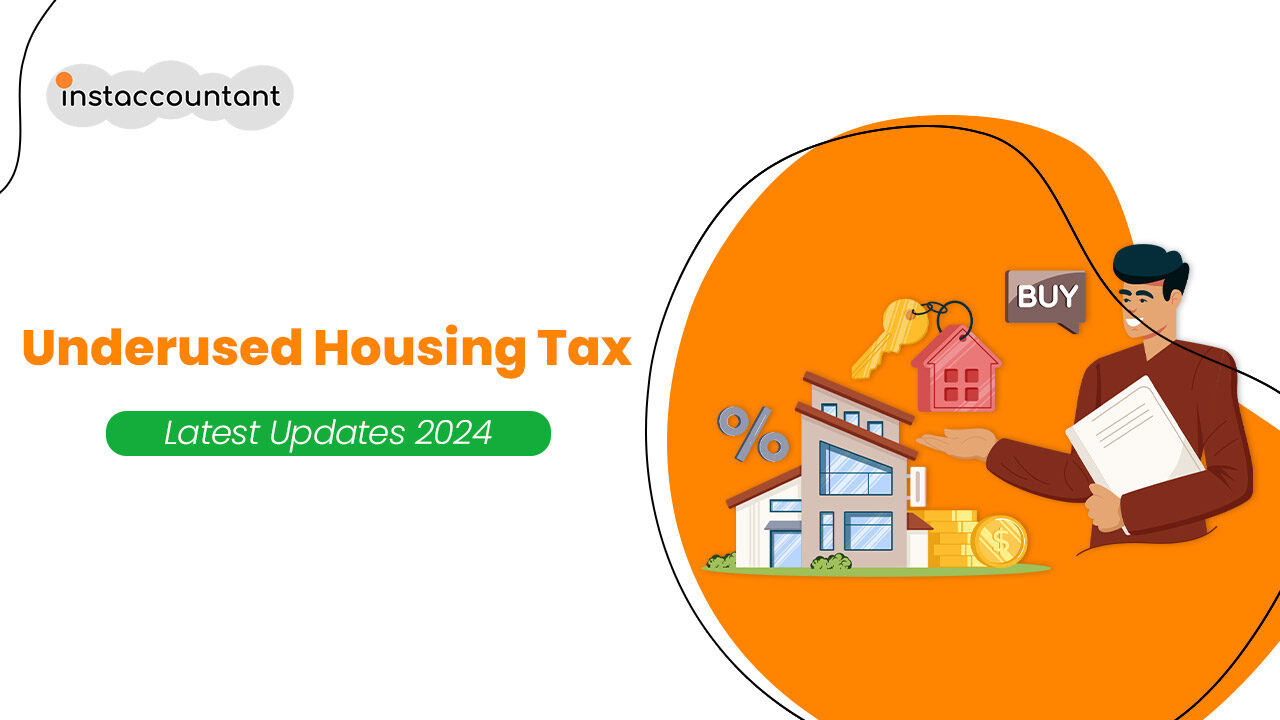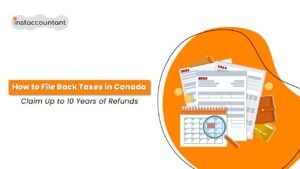The Underused Housing Tax (UHT), introduced in 2022, aims to address vacant or underused residential properties in Canada. With the April 30th deadline approaching, it’s crucial for property owners to understand their filing obligations under the UHT. This blog post provides a comprehensive breakdown of the UHT, including eligibility requirements, exemptions, and essential details for corporations and trusts.
Who Needs to File a UHT Return?
The UHT targets residential properties that are vacant or underutilized, with the intent to encourage their availability for use or rent. The tax applies to owners who are not “excluded owners,” which primarily includes foreign or non-resident owners. Here’s a breakdown of who must file:
-
Property Classification: The property must be classified as residential for UHT purposes. This includes detached houses with no more than three dwelling units, semi-detached houses, and residential condominium units. Most apartment buildings are not considered residential properties unless individual units are structured as condominiums.
-
Affected Owner Status: You are considered an affected owner if the property is not your principal residence or hasn’t been rented out sufficiently throughout the year. The Canada Revenue Agency (CRA) considers various factors, such as the duration of vacancy periods and the local rental market, to determine if a property has been rented out sufficiently.
-
Excluded Owners: Canadian citizens and permanent residents are generally exempt from filing a UHT return unless they own the property in a specific capacity, such as a partner in a partnership or a trustee of a trust. The UHT primarily targets foreign or non-resident owners who leave properties vacant, potentially impacting housing availability for Canadians.
Multiple Properties or Ownership:
- If you own multiple residential properties that meet the criteria, a separate UHT return is required for each.
- Co-owned properties require each owner to file independently.
- Owners involved in multiple capacities (e.g., partner and trustee) must file for each capacity. This can get complicated, so consulting with a tax professional is recommended if you fall into this category.
Understanding “Residential Property” for UHT Purposes
The UHT applies to a range of residential properties commonly used for personal residences or rentals. Here’s a breakdown of what’s typically considered residential:
- Detached houses with no more than three dwelling units (e.g., bungalows, two-storey homes).
- Semi-detached houses, where two residences share a common wall.
- Residential condominium units, which are individually owned units within a larger residential building with shared common areas.
Properties not typically considered residential for UHT:
- Most apartment buildings (unless units are structured as condominiums). This is because apartment buildings are often owned by corporations or investment groups and are generally considered commercial properties.
Who Qualifies for Exemptions?
Several exemptions exist under the UHT, providing relief for specific situations:
- Excluded Owners: As mentioned earlier, Canadian citizens and permanent residents are generally exempt.
- Properties Used by Immediate Family: Properties used by your spouse, common-law partner, or children under 18 are exempt. This exemption recognizes the natural use of residential properties within a family unit.
- Uninhabitable Properties: Properties undergoing renovations or repairs for a portion of the year may qualify for exemption. The CRA considers the extent and duration of uninhabitability when assessing such claims.
- New Properties: Properties purchased but not yet occupied may be exempt for a limited period, typically around six months. This provides some flexibility for new homeowners to prepare their properties for occupancy.
Understanding the UHT Tax Calculation
The UHT imposes a tax rate of 1% on the property’s “taxable value.” The taxable value is determined by comparing the assessed value designated for local property taxation and the most recent sale price recorded as of December 31st. Property owners have the option to use the fair market value, as determined by an accredited appraiser’s evaluation, which can sometimes offer a more accurate reflection of the property’s worth.
Filing Obligation for Corporations Owning Residential Property
It’s important to note that corporations owning residential properties in Canada are not exempt from UHT filing requirements. Even if the property is solely owned by a corporation, a UHT return must still be filed by April 30, 2024, for the 2022 calendar year. This obligation arises because the corporation is legally registered as the owner on the property title. The CRA provides a web version of the online form for corporations to submit their returns.
However, some corporations may qualify for an exemption if they meet specific control and ownership criteria.
Bare Trusts and the UHT
Bare trusts, which hold property solely for legal title on behalf of another party, are also subject to UHT filing requirements. The deadline for filing a UHT return for bare trusts for the 2022 tax year is April 30, 2024. Trusts must also prepare for the 2023 UHT return deadline, although legislative changes may exempt certain Canadian entities from this filing requirement.
By understanding these key points about the UHT tax calculation, property owners and corporations can make informed decisions regarding their filing obligations and potential tax liabilities. Remember, the Canada Revenue Agency (CRA) website provides comprehensive information on the UHT, including resources on taxable value determination and exemptions. Additionally, consulting with a tax professional can be highly beneficial if you have a complex ownership structure or require personalized guidance regarding your specific situation.




